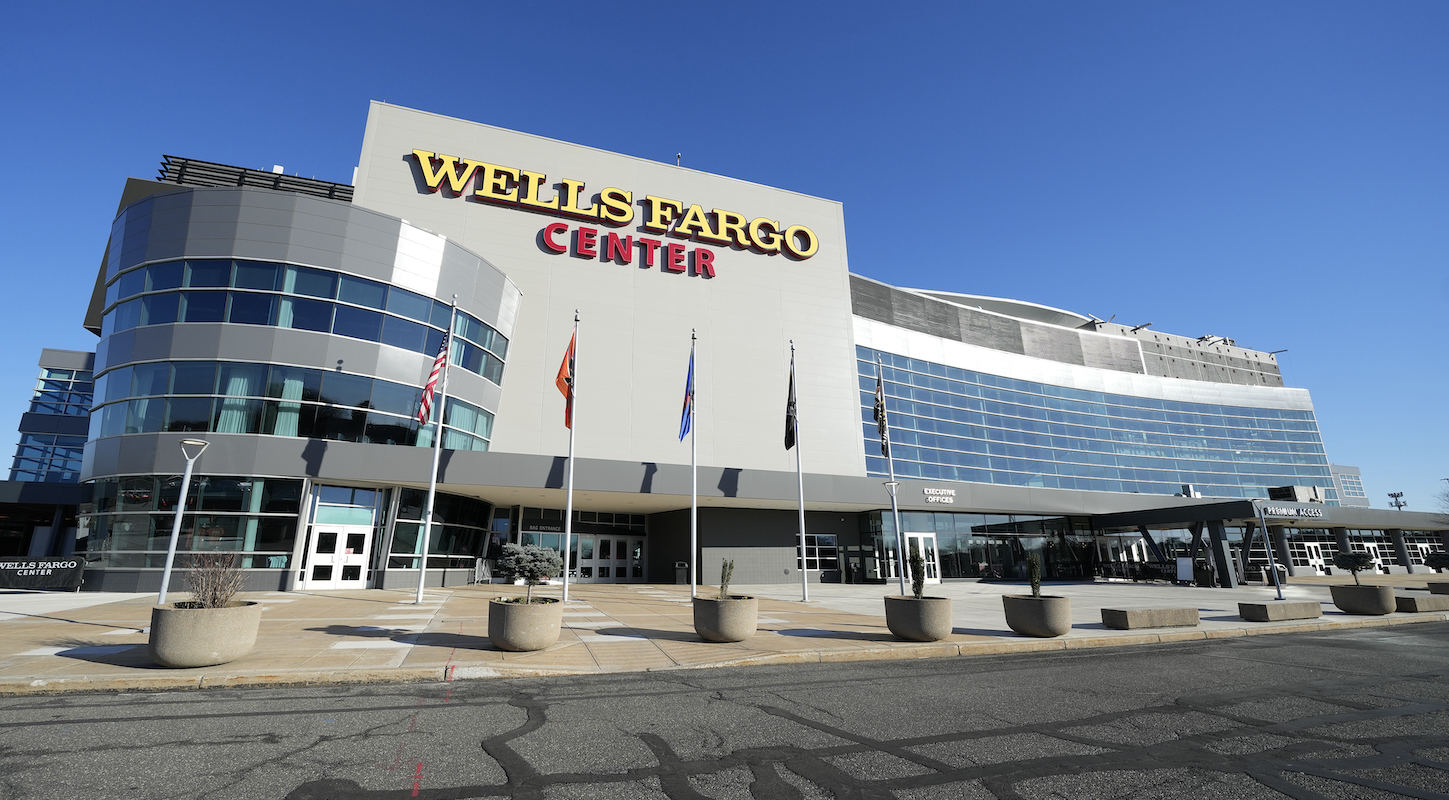At the end of 2024, the Philadelphia City Council voted 12-5 to approve the 76ers ownership group's plans to build a new arena, named 76 Place, in Center City, after two years of contention from Chinatown residents and business owners. The final deal exempted 76ers ownership, Harris Blitzer Sports & Entertainment, from paying property tax over their 30-year lease at the location, and instead required HBSE to make $5 million a year in payments in lieu of taxes (PILOTs) and a $60 million commitment to community benefits such as transit and after-school programs, down from the original $100 million that the council was requesting. The detailed impacts of an arena on the neighborhood and city under that deal can be found here, but in short, team owners Josh Harris and David Blitzer would save anywhere from $97 million to $273 million in tax benefits; the direct heuristic of the Washington Wizards' arena in D.C.'s Chinatown doesn't paint a rosy picture for the community's future. The deal would be far from the worst that a city has borne in terms of new stadium construction, but with potentially very high downside.
Not that any of that is relevant anymore. On Jan. 12, less than a month after the city council vote, the 76ers announced that they would not be building a new arena in Center City, and will instead remain in South Philly, with plans to construct a new arena within the extant sports complex. The conflict that drove the initial plan to move to Center City—an inability to reach an agreement with the current landlord at the team's Comcast Spectacor–owned arena—was miraculously resolved. According to an official press release from the 76ers, the new deal includes Comcast taking a minority ownership stake in the company, plus plans to bring a new WNBA team to the city.
To look at the positives in the situation, the final deal ends up being a straightforward win for both the 76ers, who successfully used the plan for a Center City arena as leverage in their negotiations with Comcast Spectacor, and anti-arena activists, who will not see an arena built just south of the neighborhood, even if the win came out of traditional machinations of capital rather than any action from the city itself. In the sense that New Jersey Governor Phil Murphy signed off on massive tax breaks should the 76ers move across the Delaware, the team remaining in the city can be viewed as a win for non-Chinatown residents; this requires a level of suspension of disbelief, even for the PATCO enjoyers among us, about whether the 76ers ever seriously considered moving to Camden, N.J. More sentimentally, it remains convenient and perhaps charming that the 76ers are still nestled amongst all the other sports teams in the city.
The true losers of the entire saga are the councilmembers who voted to pass legislation that will be entirely irrelevant except as a tool team ownership used to leverage a better deal with Comcast Spectacor. Shortly after the vote, Council President Kenyatta Johnson said, "Contrary to popular belief, if we had turned down this particular deal, we would have been fools. This is a project that I believe will transform Center City." (It remains unclear how or if this project will continue to transform Center City; the official team press release states that the deal still includes a "50-50 venture to invest in the revitalization of Market East in Center City." Believing that claim does, of course, require taking the 76ers at their word, which they'd previously offered the past two years with regards to their commitment to a Center City stadium.)
Compare Johnson's immediate post-vote thoughts to what councilmember Jimmy Harrity said after the 76ers announced their intention to abandon the 76 Place plan: "I'm so livid right now I don't even know what to do. I feel as though I was used as a pawn." Then again, you could instead compare those thoughts with those of Mark Squilla, who represents constituents in the areas surrounding the proposed arena, and wants it both ways: "I'm OK being used in that process. This might end up actually being the best-case scenario. We can reimagine Market Street without an arena, have people committed to investing in it and still have a new arena in South Philly."
From the start, optimistic readings of new sports arena deals often hinge on billionaire private-equity team owners' interests—primarily making more money, occasionally with a little bit of winning a championship thrown in—dovetailing with what is beneficial for the city and surrounding community. Slightly less optimistic but still supportive readings suggest that billionaires who want new arenas can be pressured to make concessions that are directly beneficial to the local community. But, even without looking a gift horse too closely in the mouth (most would agree that Squilla is correct on the level of this being the best-case scenario, with caveats for the will-they-won't-they of Market East development), Squilla provides the most cynical reading of the situation, where a series of private dealings by sports owners incidentally or accidentally winds up netting out as a positive for the public. After all, what's a city council in the face of a capitalist?






